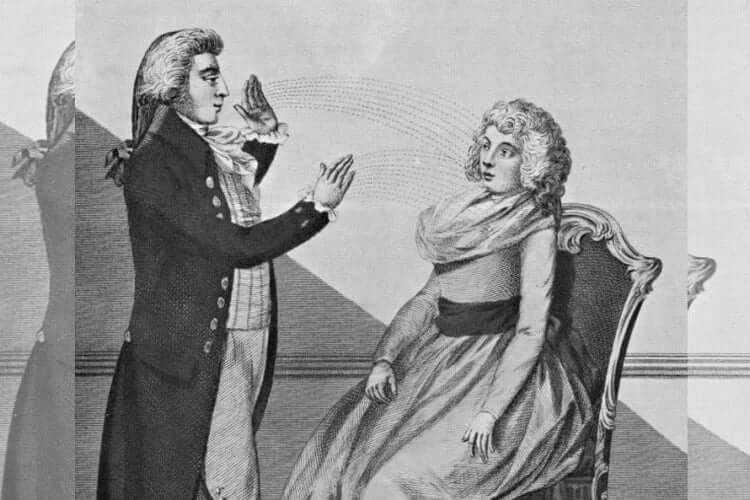Hypnosis: a brief history
Curated from: bigthink.com
Ideas, facts & insights covering these topics:
6 ideas
·3.43K reads
17
1
Explore the World's Best Ideas
Join today and uncover 100+ curated journeys from 50+ topics. Unlock access to our mobile app with extensive features.
Hypnosis
It has been around for hundreds of years, and yet it is a sidelined subject, not fully understood even by the brightest minds.
It refers to a trance-like state in which there is imagination, extreme suggestibility and relaxation. It is a sort of daydream that makes good use of the power of suggestion.
The word Hypnosis has its roots in ancient Greece and Egypt, and after the Greek God ‘Hypnos’ who was the personification of sleep.
144
668 reads
Modern Hypnotism
Austrian physician Franz Mesmer is the modern father of hypnosis, instrumental in coining the word ‘mesmerism’ which refers to the hypnotic state.
James Braid, an eye doctor, accidentally discovered the power and usability of hypnotism when one of his patients got into a trance-like state starting at a lamp.
139
622 reads
Auto-Suggestion
In the 1900s Emile Coué, worked on affirmations and auto-suggestions, as a form of self-hypnosis therapy. His famous phase was “Day by day, in every way, I am getting better and better.”
Milton Erikson, a psychotherapist, was fascinated by this psychological hack and devised many innovative techniques to utilize hypnosis in various clinical practices.
152
541 reads
Anxiety And Pain Relief
Benefits of hypnosis are gaining traction, with many researchers finding that it can treat anxiety, pain and trauma, making it gain respect among medical and psychological professions.
136
591 reads
How Hypnotism Works
- Hypnosis works by first decreasing activity in the brains ‘dorsal anterior cingulate’ area, responsible for decision making and evaluation.
- Secondly, it connects two regions of the brain, the insula and dorsolateral prefrontal cortex that increases the brain-body connection, making our body more receptive to our raw thoughts and emotions.
- Finally, it reduces connections between two different regions of the brain (medial prefrontal cortex and posterior cingulate cortex) reducing our cognitive tasks and neural activity, reducing our awareness of actions.
155
452 reads
Great Potential of Hypnosis
The new research for hypnosis and the labelling of the brain regions that get affected can help device further tools and ways to help patients with various addictions, psychological problems, and depression issues.
122
559 reads
IDEAS CURATED BY
Mila W.'s ideas are part of this journey:
Learn more about health with this collection
How to prioritize and simplify your life
The importance of rest and relaxation
The benefits of slowing down
Related collections
Similar ideas
6 ideas
Hypnosis: What is it, and does it work?
medicalnewstoday.com
49 ideas
The Neuroscience of the Seven Deadly Sins
discovermagazine.com
4 ideas
Read & Learn
20x Faster
without
deepstash
with
deepstash
with
deepstash
Personalized microlearning
—
100+ Learning Journeys
—
Access to 200,000+ ideas
—
Access to the mobile app
—
Unlimited idea saving
—
—
Unlimited history
—
—
Unlimited listening to ideas
—
—
Downloading & offline access
—
—
Supercharge your mind with one idea per day
Enter your email and spend 1 minute every day to learn something new.
I agree to receive email updates


